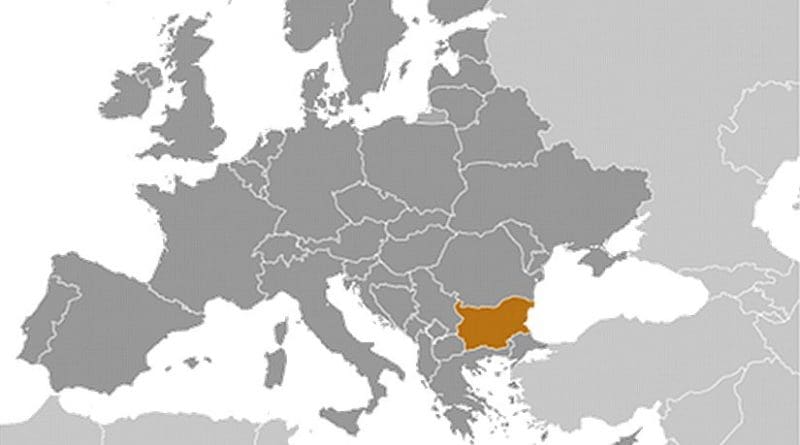Israelis Know Who Conducted Bulgaria Suicide Attack But Aren’t Sure Who Did It – OpEd
By Paul Woodward - War in Context
Karl Vick writes: In the absence of firm evidence, the strongest argument for Iranian involvement in the bombing of a busload of Israeli tourists at a Bulgarian airport is this: The blast came 18 years to the day after the car bombing of a Jewish community center in Buenos Aires, an attack Argentine authorities traced to Iran and Hizballah, the proxy force it established in Lebanon.
Arguing against Iranian involvement: The Bulgaria bombing actually occurred.
Despite its notorious reputation as a state sponsor of terror, the Islamic Republic of Iran has not been much in the terror business for more than a decade. And its recent efforts to return to operational form have been less than impressive. The world was incredulous that a terror mastermind of Tehran’s renown could be traced by a bank transfer to the effort of a Corpus Christi car salesman to enlist a Mexican drug gang to bomb the Saudi ambassador at a Washington restaurant. Since then, Iranian agents have been tracked and arrested plotting in Georgia, Azerbaijan, India, Cyprus, Kenya and Thailand, where things did not go well at all. There, a Thai prostitute’s cell phone would produce a photo of the plotters posing with girls in their arms and water pipes at their sides a week before the bomb they were making blew the roof off their Bangkok apartment. One of the suspects lost a leg when the explosives he was carrying fell at his feet and exploded, not far from where he’d chucked another charge at a taxi after the driver refused to pick him up.
“All signs point towards Iran,” Israeli prime minister Benjamin Netanyahu said two hours after Wednesday’s attack, though those signs remain entirely circumstantial, and the circumstances girdle the globe. Consider, for instance, that the bomb that exploded in the Iranians’ Bangkok flat was the “sticky” kind, attached to a magnet that Thai officials said the conspirators planned to affix to the passing car of an Israeli diplomat. That’s what Iranian agents managed to do a day earlier in New Delhi, injuring the wife of a defense attaché as she went to pick up her kids at school. Significantly, sticky is the kind of bombs that Israeli agents have used in Tehran, where at least three Iranian nuclear specialists have been killed in covert operations that Western intelligence sources have told TIME are, in fact, conducted by the Mossad.
Still, like the anniversary of the Buenos Aires attack, which killed 85 people, what actually links Iran to the Bulgaria bombing is supposition. “It’s very hard to say. Right now we have no clues, no information,” a senior Israeli intelligence official tells TIME. “By process of elimination, we exclude Hamas and Islamic Jihad. They aren’t capable of such an operation so far away [from the Palestinian territories]. There’s also Al Qaeda, but they’re preoccupied with other arenas at the moment. Low chance.
“So it leaves us with the probability of Hizballah alone, or Iran alone, or a joint operation. Which makes sense.”
As an indication of the rip-roaring speed of speculation, the Times of Israel and Bulgarian media have already published photographs and the name of the suspect — a Swedish citizen and former Guantanamo detainee. But Carol Rosenberg from the Miami Herald says that Swedish security services and foreign ministry both say Mehdi Ghezali is not the bomber.
In an interview on MSNBC, Israel’s ambassador to the U.S. Michael Oren claimed that Israel has hard evidence about who is behind the bombing, but when pressed on whether they know the identity of the bomber he hedged. They know for sure who did it, but they don’t know exactly who did it.
Hezbollah has denied any involvement in the attack, which begs the question: if they are lying, why would they have seemingly implicated themselves by timing the attack on the anniversary of the Buenos Aires bombing? The choice of that date might seem much more attractive to some entity — identity as yet unknown — that wants this to look like a Hezbollah operation.

